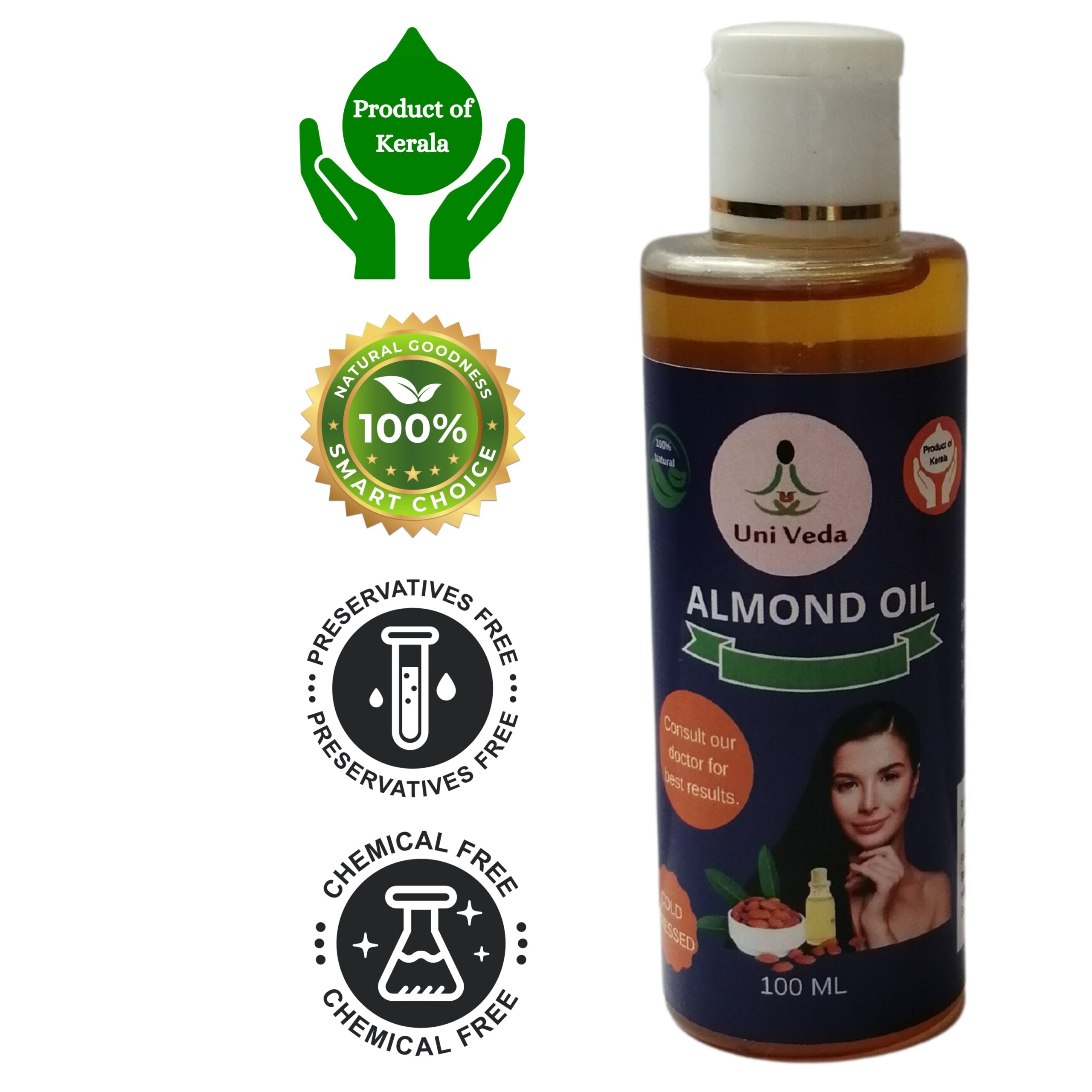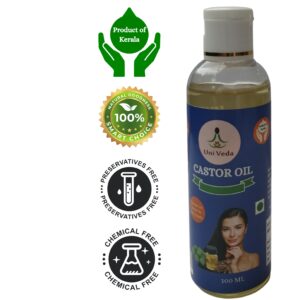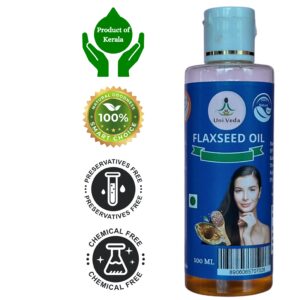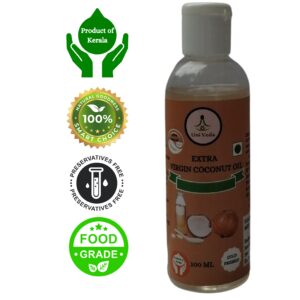OVERVIEW
Almond oil has gained popularity in recent years for its numerous health benefits and versatile uses. Derived from the kernels of almonds, almond oil is a rich source of nutrients and has been utilized for centuries in various cultures. In this article, we will explore the different advantages of almond oil and how it can contribute to your overall well-being.
Nutritional Composition of Almond Oil
Almond oil is not only renowned for its aromatic and flavorful properties but also for its rich nutritional composition. Let’s explore the essential components that make almond oil a powerhouse of health benefits.
Almond oil is primarily composed of monounsaturated fatty acids (MUFAs), such as oleic acid, which is known to promote heart health and reduce the risk of cardiovascular diseases. These MUFAs help in maintaining healthy cholesterol levels and supporting overall heart function.
Furthermore, almond oil contains a generous amount of vitamin E, a potent antioxidant that helps protect the body against oxidative stress and damage caused by free radicals. Vitamin E also plays a vital role in maintaining healthy skin, boosting the immune system, and supporting eye health.
Almond oil is also a good source of phytosterols, plant compounds that possess cholesterol-lowering properties. These phytosterols help inhibit the absorption of cholesterol in the intestines, thereby reducing LDL (bad) cholesterol levels in the blood.
Additionally, almond oil contains trace amounts of essential minerals such as magnesium, potassium, and calcium, which are crucial for maintaining optimal bodily functions.
The nutritional composition of almond oil makes it a wholesome and beneficial addition to your daily routine. Incorporating almond oil into your diet and skincare regimen can provide you with a wide array of health advantages.
BENEFITS
Skin Health:
Almond oil is a fantastic natural ingredient that can work wonders for your skin. It offers a multitude of benefits, making it a popular choice in skincare products. Let’s delve into how almond oil can benefit your skin in multiple ways:
Moisturizing Properties
One of the primary benefits of almond oil for the skin is its exceptional moisturizing properties. Almond oil is light and easily absorbed, making it an excellent emollient for all skin types. It helps to lock in moisture and keeps the skin well-hydrated, resulting in a soft and supple complexion.
Whether you have dry, flaky skin or simply want to maintain your skin’s natural moisture balance, almond oil can be a game-changer. Regularly applying almond oil to your face and body can leave your skin feeling smooth, nourished, and rejuvenated.
Anti-Aging Effects
As time passes, the natural elasticity and firmness of our skin tend to diminish. Almond oil comes to the rescue with its remarkable anti-aging effects. Packed with vitamin E, antioxidants, and essential fatty acids, almond oil helps combat the signs of aging.
The antioxidants present in almond oil neutralize free radicals, which are responsible for premature aging. By protecting the skin from oxidative stress, almond oil can help reduce the appearance of fine lines, wrinkles, and age spots, giving you a more youthful complexion.
Treatment for Acne
Almond oil can also be beneficial for those struggling with acne-prone skin. Contrary to popular belief, using oil on acne-prone skin can actually help balance oil production and alleviate breakouts.
Almond oil has non-comedogenic properties, meaning it doesn’t clog pores. When applied to the skin, it helps dissolve excess sebum, preventing the formation of blackheads and whiteheads. Its anti-inflammatory properties can also soothe redness and irritation associated with acne.
To use almond oil for acne treatment, simply apply a small amount to the affected areas, gently massaging it into the skin. Leave it on for a few hours or overnight for maximum benefits.
Incorporating almond oil into your skincare routine can improve the overall health and appearance of your skin. Its moisturizing, anti-aging, and acne-fighting properties make it a versatile and effective ingredient for achieving a radiant complexion.
Hair Care
Nourishes and Strengthens Hair
Almond oil is a true ally when it comes to hair care. Its nourishing properties can work wonders for your hair follicles, promoting healthy hair growth and strengthening the strands. Let’s explore how almond oil achieves these benefits:
Almond oil is packed with essential nutrients, including vitamin E, omega-3 fatty acids, and proteins, which are all vital for healthy hair. When applied to the scalp, almond oil penetrates deep into the hair follicles, providing nourishment from the roots.
By nourishing the hair follicles, almond oil helps improve blood circulation, stimulating hair growth. This can result in longer, thicker, and more luscious locks over time. Regular use of almond oil can also prevent hair breakage and split ends, giving your hair a healthier and more vibrant appearance.
Furthermore, almond oil strengthens the hair strands by moisturizing and sealing in moisture. Dry and brittle hair is more prone to breakage, leading to frizzy and damaged locks. Almond oil acts as a natural conditioner, keeping the hair hydrated, smooth, and manageable.
To harness the benefits of almond oil for your hair, warm a small amount in your hands and gently massage it into your scalp. For optimal deep conditioning, it is recommended to leave the almond oil on your hair for a minimum of 30 minutes or overnight to allow for thorough nourishment and rejuvenation. Then, wash your hair as usual. Incorporating almond oil into your hair care routine can help you achieve strong, nourished, and beautiful hair.
Reduces Hair Fall
Hair fall and breakage can be a source of frustration for many individuals. However, regular use of almond oil can help minimize hair fall and prevent hair breakage, promoting healthier and fuller-looking hair. Let’s delve into how almond oil achieves these benefits:
Almond oil is rich in nutrients that nourish the hair follicles and strengthen the hair strands, which in turn helps reduce hair fall. The essential fatty acids present in almond oil, such as omega-3 fatty acids, provide the necessary nourishment to the hair follicles, promoting healthy hair growth and minimizing hair loss.
Additionally, almond oil acts as a protective barrier, sealing in moisture and preventing dryness. Dry and brittle hair is more prone to breakage, leading to increased hair fall. By keeping the hair moisturized and hydrated, almond oil helps to prevent hair breakage and minimize hair fall caused by external factors.
Massaging almond oil onto the scalp improves blood circulation, which enhances the delivery of nutrients to the hair follicles. This increased nutrient supply strengthens the hair roots, reducing hair fall and promoting healthier, thicker hair growth.
To utilize almond oil for reducing hair fall, warm a small amount in your palms and gently massage it onto your scalp using circular motions. Leave the oil on for a minimum of 30 minutes or overnight to allow for deep nourishment. After the recommended duration, you can cleanse your hair by rinsing off the almond oil with a mild shampoo, ensuring optimal cleanliness and freshness.
Incorporating almond oil into your hair care routine on a regular basis can significantly reduce hair fall and breakage, allowing you to enjoy stronger, healthier, and more voluminous hair.
Heart Health
Almond oil offers several positive impacts on heart health, making it a valuable addition to your dietary routine. Let’s explore how almond oil can contribute to a healthy heart and cardiovascular system:
Cholesterol Management
One of the key benefits of almond oil for heart health is its ability to help manage cholesterol levels. Almond oil is rich in monounsaturated fatty acids (MUFAs), particularly oleic acid, which is known for its heart-healthy properties. MUFAs have been shown to help lower levels of LDL (bad) cholesterol while increasing HDL (good) cholesterol levels, leading to a more balanced cholesterol profile.
By incorporating almond oil into your diet, you can promote a healthier lipid profile and reduce the risk of cardiovascular diseases, such as heart attacks and strokes.
Cardiovascular Health
In addition to managing cholesterol levels, almond oil supports overall cardiovascular health. The antioxidants present in almond oil, including vitamin E and polyphenols, help protect the arteries from oxidative damage caused by free radicals. This reduces the risk of plaque buildup and inflammation in the arteries, which can lead to conditions like atherosclerosis.
Furthermore, almond oil’s anti-inflammatory properties help in maintaining blood vessel health and reducing the risk of blood clot formation. Improved blood flow and reduced inflammation contribute to a healthier cardiovascular system and lower the risk of heart-related issues.
Incorporating almond oil into your diet as cooking oil or adding it to dressings and sauces can be a heart-healthy choice. However, it’s important to consume almond oil in moderation, as it is still calorie-dense. Consulting with a healthcare professional or nutritionist is recommended for personalized advice on incorporating almond oil into your diet for optimal heart health.
INGREDIENTS
Ingredient of Almond Oil
Almond oil is derived from the nuts of the almond tree (Prunus dulcis). It is extracted through a process known as cold pressing, which helps retain the oil’s natural properties and nutrients. The main ingredient of almond oil is the oil itself, which is composed of various beneficial compounds. Let’s explore the key components of almond oil:
Fatty Acids
Almond oil is rich in fatty acids, particularly monounsaturated fatty acids (MUFAs). The primary MUFA found in almond oil is oleic acid, which constitutes a significant portion of its composition. MUFAs are known for their heart-healthy properties and contribute to the overall nutritional value of almond oil.
Vitamin E
Vitamin E is a powerful antioxidant and a key component of almond oil. It plays a vital role in protecting the body’s cells from oxidative damage caused by free radicals. Almond oil’s high vitamin E content contributes to its ability to nourish and rejuvenate the skin and promote overall health.
Phytosterols
Almond oil contains phytosterols, which are plant compounds with a chemical structure similar to cholesterol. These phytosterols can help lower LDL (bad) cholesterol levels by competing with cholesterol for absorption in the digestive system. Including almond oil in your diet may have a positive impact on your cholesterol profile.
Minerals and Other Nutrients
Almond oil also contains trace amounts of essential minerals, including magnesium, potassium, and calcium. These minerals are vital for various bodily functions, such as maintaining healthy bones, supporting muscle function, and regulating blood pressure.
Furthermore, almond oil contains small amounts of protein, fiber, and other beneficial nutrients that contribute to its overall nutritional composition.
The combination of these components makes almond oil a versatile and nutrient-rich ingredient that offers numerous health benefits, both when applied topically and consumed internally.
GUIDE
How to Use Almond Oil for Hair
1 Almond Oil Massage
Start by warming a small amount of almond oil in your palms and then gently massage it into your scalp using circular motions. Leave it on for about 30 minutes or overnight for better results. Wash your hair with a mild shampoo and conditioner afterward.
2 Almond Oil Hair Mask
Mix almond oil with other natural ingredients like yogurt, honey, or egg for a nourishing hair mask. Apply the mixture to your hair from roots to tips and leave it on for 30-60 minutes before rinsing it off. This mask will deeply condition your hair, leaving it soft, shiny, and manageable.
3 Almond Oil Leave-In Treatment
For a quick and easy treatment, take a few drops of almond oil and apply it to your damp hair after showering. Run your fingers through your hair to ensure the even distribution of the oil.
Benefits of Almond Oil for Skin
1 Moisturizes and Softens Skin
Almond oil is an excellent moisturizer that can keep your skin soft, supple, and hydrated. It gets easily absorbed into the skin, leaving no greasy residue. Regular use of almond oil can improve the overall texture and appearance of your skin.
2 Reduces Dark Circles and Fine Lines
The nourishing properties of almond oil can help diminish dark circles and fine lines around the eyes. Gently massage a small amount of almond oil under your eyes before going to bed and wake up to a refreshed and rejuvenated look.
3 Treats Skin Conditions
Almond oil has anti-inflammatory properties that can help soothe and heal various skin conditions such as eczema, psoriasis, and acne. Its mild nature makes it suitable for sensitive skin as well.
How to Use Almond Oil for Skin
1 Facial Cleansing with Almond Oil
To cleanse your face effectively, pour a few drops of almond oil onto a cotton pad and gently wipe away makeup and impurities. Wash your face using warm water and gently pat it dry with a clean towel. This method will leave your skin clean, moisturized, and nourished.
2 Almond Oil as a Moisturizer
After cleansing, apply a small amount of almond oil to your face and neck as a moisturizer. Gently apply the oil to your skin, using circular motions and upward strokes, until it is completely absorbed. This will lock in moisture and keep your skin hydrated throughout the day.
3 Almond Oil for Treating Dark Circles
Take a drop of almond oil and gently massage it under your eyes using your ring finger. This will help reduce puffiness and fade dark circles over time. Make it a part of your nighttime skincare routine for maximum benefits.
FAQs
How to Use Almond Oil for Skin and Hair?
Here are some frequently asked questions regarding the usage of almond oil for skin and hair, along with the recommended methods:
1. How can I use almond oil for my skin?
Almond oil can be used in various ways to benefit your skin:
Moisturizer: Apply a few drops of almond oil to your face or body and gently massage it into the skin. Leave it on overnight or use it as a daily moisturizer to keep your skin hydrated and supple.
Makeup Remover: Almond oil can effectively remove makeup. Simply apply a small amount to a cotton pad and gently wipe off the makeup from your face.
Massage Oil: Almond oil’s nourishing properties make it an excellent choice for a relaxing massage. Warm the oil slightly and massage it into your skin to soothe tired muscles and promote relaxation.
2. How can I use almond oil for hair?
Almond oil can be used for hair care in the following ways:
Scalp Massage: Warm a small amount of almond oil and massage it into your scalp using circular motions. This helps improve blood circulation, nourishes the hair follicles, and promotes healthy hair growth.
Hair Mask: Mix almond oil with other beneficial ingredients like yogurt, honey, or essential oils to create a nourishing hair mask. Apply the mixture to your hair, leave it on for 30 minutes to an hour, then rinse thoroughly.
Leave-in Conditioner: After washing your hair, apply a few drops of almond oil to the ends of your hair to seal in moisture and prevent split ends.
Remember to perform a patch test before using almond oil on your skin or hair, especially if you have any known allergies or sensitivities.
3. Can I consume almond oil?
Yes, almond oil can be consumed, but it’s important to use it in moderation. It can be added to salads, and dressings, or used as a cooking oil to enhance the flavor of your dishes. However, be mindful of its calorie content and consult a healthcare professional or nutritionist for personalized guidance on incorporating almond oil into your diet.
4. Are there any side effects of using almond oil?
Almond oil is generally safe for topical use. However, individuals with nut allergies should avoid using almond oil to prevent any allergic reactions. If you experience any adverse effects such as redness, itching, or irritation, discontinue use and consult a healthcare professional.
Using pure, cold-pressed almond oil is recommended to ensure the highest quality and effectiveness.
In conclusion, almond oil is a versatile and beneficial natural oil that offers a wide range of advantages for your skin, hair, and overall health. Its moisturizing properties nourish the skin, while its nutrients and antioxidants promote hair growth and strength. Additionally, almond oil supports heart health and provides essential nutrients to the body.
Incorporating almond oil into your skincare routine, hair care regimen, and even your diet can unlock its remarkable benefits. Whether you use it as a moisturizer, massage oil, or a cooking ingredient, almond oil can be a valuable addition to your daily self-care practices.






Reviews
There are no reviews yet.